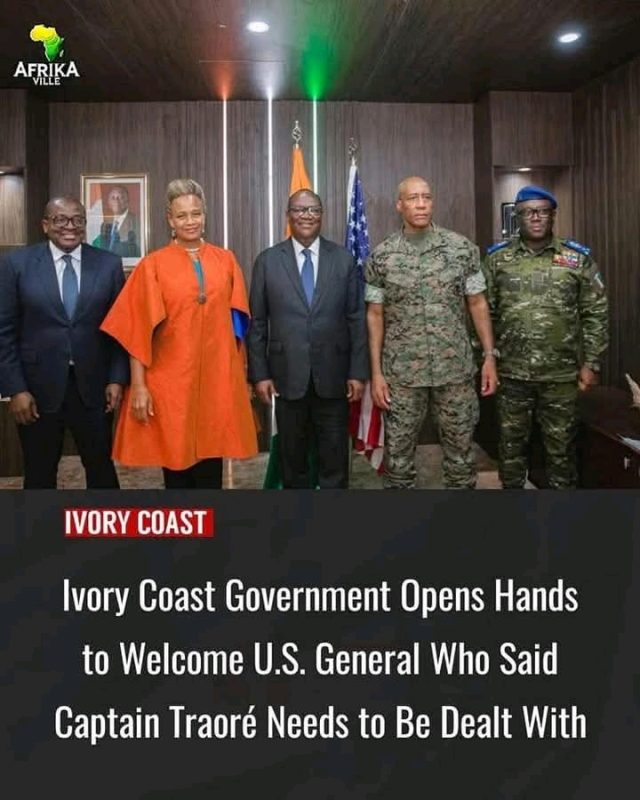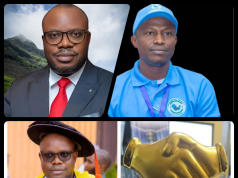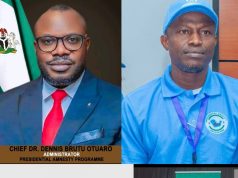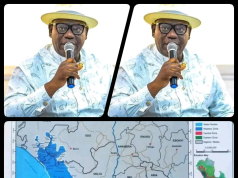Once again, Africa’s greatest obstacle appears to be Africans themselves. A glaring example is unfolding in West Africa, where General Michael Langley, the head of the United States Africa Command (AFRICOM), was recently welcomed with open arms by the Ivorian government—despite his harsh criticism of Burkina Faso’s Captain Ibrahim Traoré.

General Langley had accused Traoré of hoarding Burkina Faso’s gold for personal gain—an allegation that lacks concrete public evidence but nonetheless carries the weight of U.S. diplomatic condemnation. One would expect, at the very least, that such a sensitive and damaging statement against a fellow African leader would be met with caution or concern from neighboring African governments. Instead, Côte d’Ivoire rolled out the red carpet.
This move raises troubling questions about Africa’s sovereignty and collective self-respect. Imagine the roles reversed: suppose an African leader accused the President of the United States or France of economic sabotage. Would that leader receive a hero’s welcome in Washington or Paris? Quite the opposite. They might be sanctioned, ridiculed in the media, or even barred from entry. Yet when Western leaders or generals attack African heads of state, some African governments not only remain silent—they signal approval by deepening cooperation.
It’s a pattern with roots in our colonial history and branches in modern foreign policy. Far too many African leaders remain quick to align with foreign powers, even when those powers actively undermine their fellow Africans. This lack of solidarity undermines any pan-African vision of unity, strength, and self-determination.
Captain Traoré, despite being young and relatively new to leadership, has positioned himself as a symbol of African resistance to neocolonial control. His efforts to nationalize Burkina Faso’s resources and reduce dependence on foreign influence have sparked admiration among youth and pan-African thinkers. But to the West, such moves often translate into “instability” or “populism”—labels frequently used to justify interference.
Instead of defending Traoré’s right to chart an independent path for his country, some African governments choose to appease foreign powers. This betrayal of unity not only weakens the continent’s bargaining power on the global stage but also sends a dangerous message: that African dignity can be sold for the right price or diplomatic favor.
Until African leaders begin to stand for one another—not just in words but in policy and diplomacy—true African independence will remain a myth. The warm embrace of General Langley in Côte d’Ivoire, following his accusatory remarks against an African peer, is a stark reminder that colonialism may have ended in name, but its spirit still haunts the halls of African power.
The time has come for a new political consciousness—one where African leaders prioritize continental solidarity over foreign validation. Without it, Africa will continue to be shaped by external hands and divided by internal weakness.





